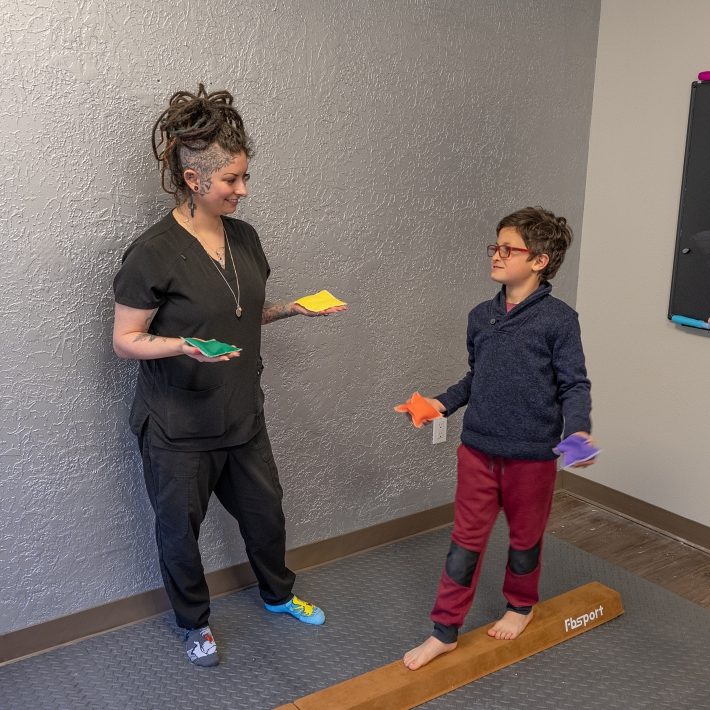Vision therapy is a personalized program designed to improve visual skills and abilities. It helps individuals with vision problems that cannot be fully corrected with glasses or contact lenses alone. This therapy can enhance visual processing, eye coordination, and overall visual comfort
Symptoms that could indicate a need for treatment.
Double vision
Blurry vision and eye strain
Difficulty concentrating
Difficulty reading
Reduced depth perception
Motion sensitivity
Eye strain and headaches
Brain fog
Tunnel vision
Light sensitivity

Skipping lines or losing place while reading
Words moving or blurring on the page
Poor reading comprehension despite good decoding
Headaches or eye strain with near work
Short attention span for visual tasks
Avoidance of reading or close work
Difficulty sustaining attention on visual tasks
Becomes frustrated or emotional with near tasks
Inconsistent performance — some days “on,” some days “off”
Prefers listening or hands-on activities over reading or writing
How vision therapy could help you.
Vision therapy typically involves:
